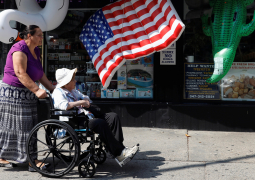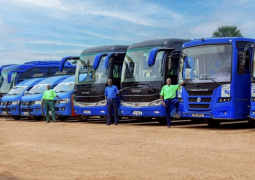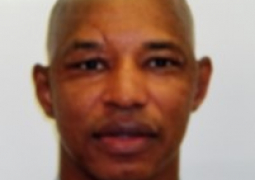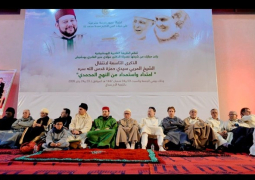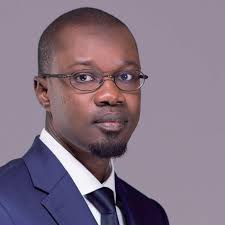
Senegalese head to the polls in February 2024 to decide the Fifth President of their Republic. At the centre of it all is Mr Ousmane Sonko, a young politician, leader of Pasteuf and former tax inspector, whose popularity shook the foundations and pillars of the State Palace in Dakar. The BBC’s Africa editor, Joseph Winter, said Sonko has “undergone a meteoric political rise” in the last few years. HIs character and personal will faced a lot of tests, all ending on the decision of Senegalese justice system.
As President Macky Sall’s biggest opposition in the country, it’s obvious why Sonko would be subjected to all the harassment, arrests, death threats and physical harm over the past few years. The 49-year old was accused of sexual assault and threatening a massage therapist, allegations that came after he was elected to parliament and subsequently a mayor of southern Senegalese region of Ziguinchor. The court found him innocent of those charges and instead, convicted him for “corrupting the youth” – a law that had its roots in French colonial practice nurtured on suppressing popular dissenting opinion within the colonies.
Sonko had a successful career in Government Tax Department and made name for honesty. He was incorruptible and fought against taxfrauds by big corporate bodies and individuals close to power. These made him enemies in the wrong places and in 2016, he got dismissed as a tax inspector, paving the way for his political career. He ran for president three years later and came third. His tribulation at the hands of the authorities has put the Senegalese judiciary on a litmus test, as the country prides itself as one of the top democracies in West Africa.
Some50 deaths have occurred since the tensions over Adji Sarr allegations and Ousmane Sonko’s political future, leaving a trail of destruction to property worth millions of Dollars in Senegal.
Today, the High Court in Dakar ruled that Mr Ousmane Sonko be reinstated on the electoral register, following an earlier ruling by Ziguinchor district court on the issue, arriving at the same decision. Throughout the process, Mr Sonko maintained his innocence, instead arguing that he is the victim of a campaign to prevent him standing for president. To contest for President, a candidate must be on state electoral list, maintained by a body under the Ministry of Interior of Senegal. Following unrests in June this year, the government of Macky Sall had banned Ousmane Sonko’s Pasteuf party and delisted their candidate Sonko – a decision that has brought series of challenges to the doors of the State since then.
“The court decision of the Dakar High Court in confirming the decision of the Ziguinchor judge authorizing the re-registration of Ousmane Sonko on the electoral lists has just opened a huge window of opportunity in relation to the pre-electoral crisis relating to the question of 'eligibility,” said MrAlioune Tine, former Chairman of Amnesty International West Africa; a human rights and democracy advocate in Dakar.
Macky’s presidency saw the neutralization of two of his former opponents, in the persons of KhalifaSall and Karim Wade – the former Mayor of Dakar and the son of former President Abdoulaye Wade, latter of whom served as Minister under President Wade, respectively. Both were accused of economic crimes and condemned to prison terms thereby making them ineligible to contest against President Sall. However, corruptions and corruption practices within Mr Sall’s government had seen tremendous rise over the years, including his own family and those of his wife, Madam Marieme Faye-Sall.
Sonko’s case had presented a litmus test to the State of Senegal. In two months, the great people of Senegal will go to the polls and decide who will lead the affairs of Senegal for the next five years. It brings to mind the words of Mr Alioune Tine, that Senegal like the reed, bends but does not break.
Read Other Articles In Feature
